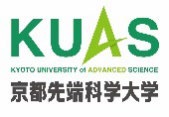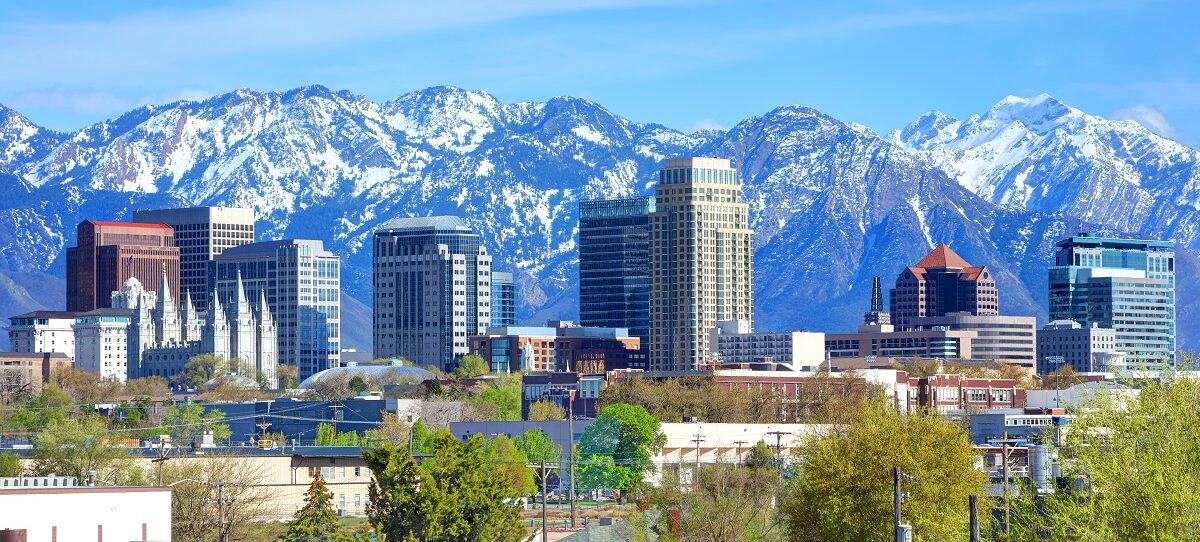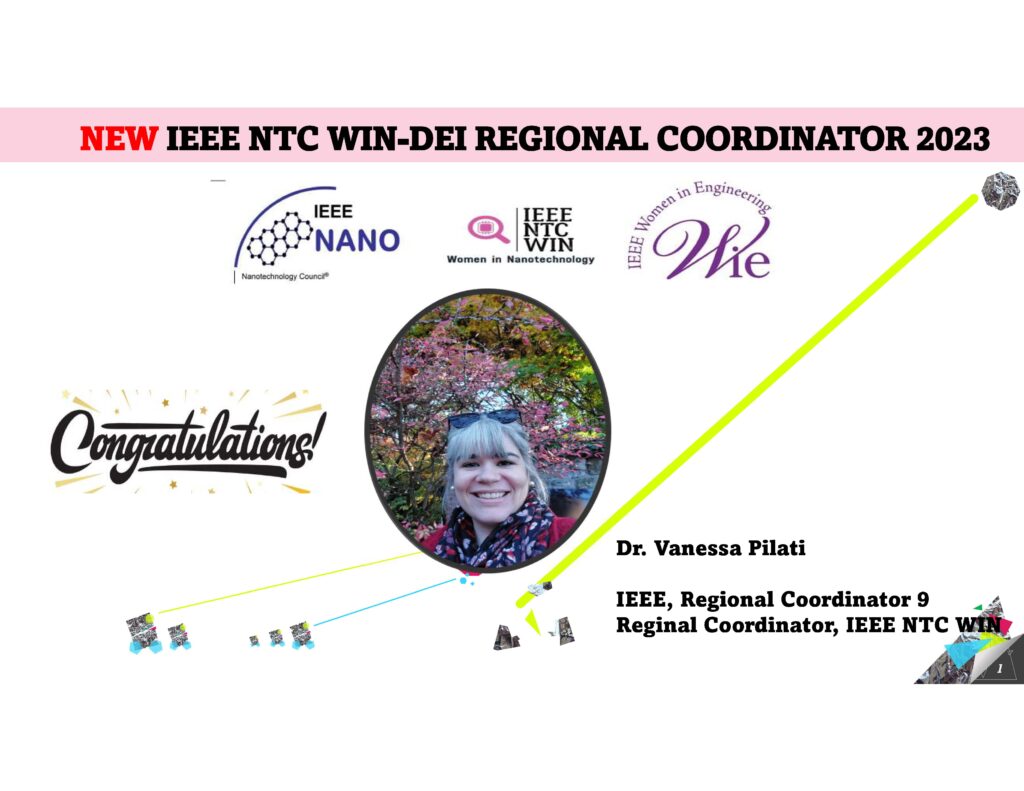The IEEE Nanotechnology Council (NTC) is committed to offering opportunities for motivated high school students in the U.S. to engage in immersive and comprehensive learning experiences. Through their Volunteer Summer Internship Program, the NTC connects students with technology professionals from various organizations, fostering education and innovation.
Mission: The mission of the IEEE NTC Volunteer Summer Internship Program is to provide high school students in the U.S. with opportunities in modeling and simulation, literature review and technical writing. This is achieved by connecting them with industry experts, educators, and mentors, preparing them intellectually and emotionally for their future endeavors.
Vision: The vision of the program is to bring appropriate opportunities to interested high school students. These opportunities allow students to interact with experts in industry and academia. The program aims to provide students with valuable experiences related to nanotechnology. .
Summer Internship Program
As part of its commitment to fostering education and innovation, IEEE NTC offers a Summer Internship program in collaboration with Eastern Washington University (EWU) and the University of Washington (UW). This program provides high school students with the opportunity to engage in hands-on research in various areas, including 2D Materials, Neuromorphic Computing, and Technical Writing.
The program allows mentors to work directly with highly dedicated students who demonstrate a strong understanding of the concepts. Under the guidance of mentors from academia and industry, students explore the applications and science behind nanomaterials, quantum dots, and neural networks.
Arpan De shares his experience as a mentor, highlighting the benefits of learning topics at a grassroots level and developing time management skills. The program also allows mentors to work with highly dedicated students who demonstrate a strong understanding of the concepts. The remote internship lasts for six or more weeks between June and August, providing aspiring young scientists with a valuable learning experience.
Get Involved
If you are interested in mentoring students in the Summer Internship program or require further information, please reach out to M. P. Anantram at anantmp@uw.edu or Arindam Kumar Das at arindam@uw.edu. High school students can apply for the Summer Internship program in late February 2024 at the SPARK SIP website.


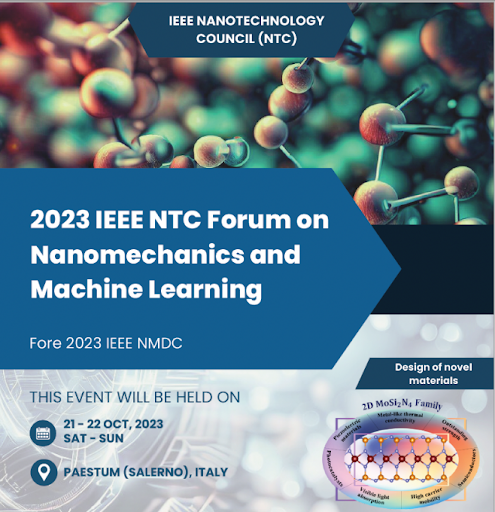
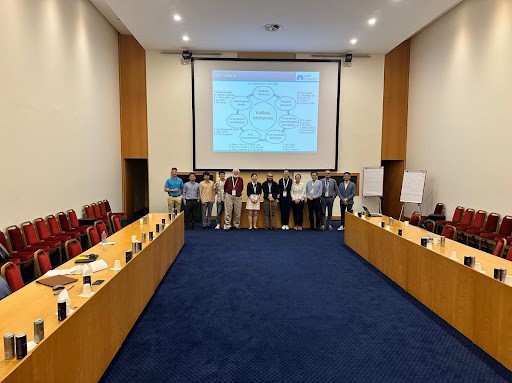
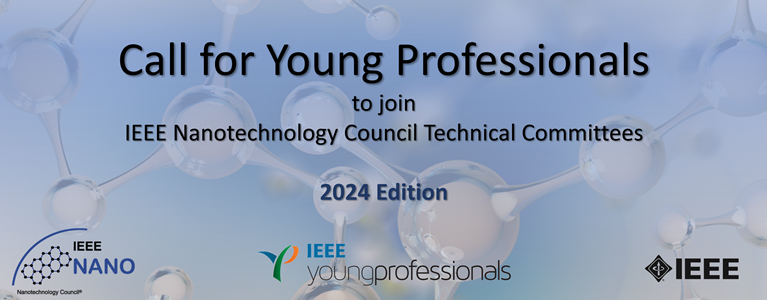
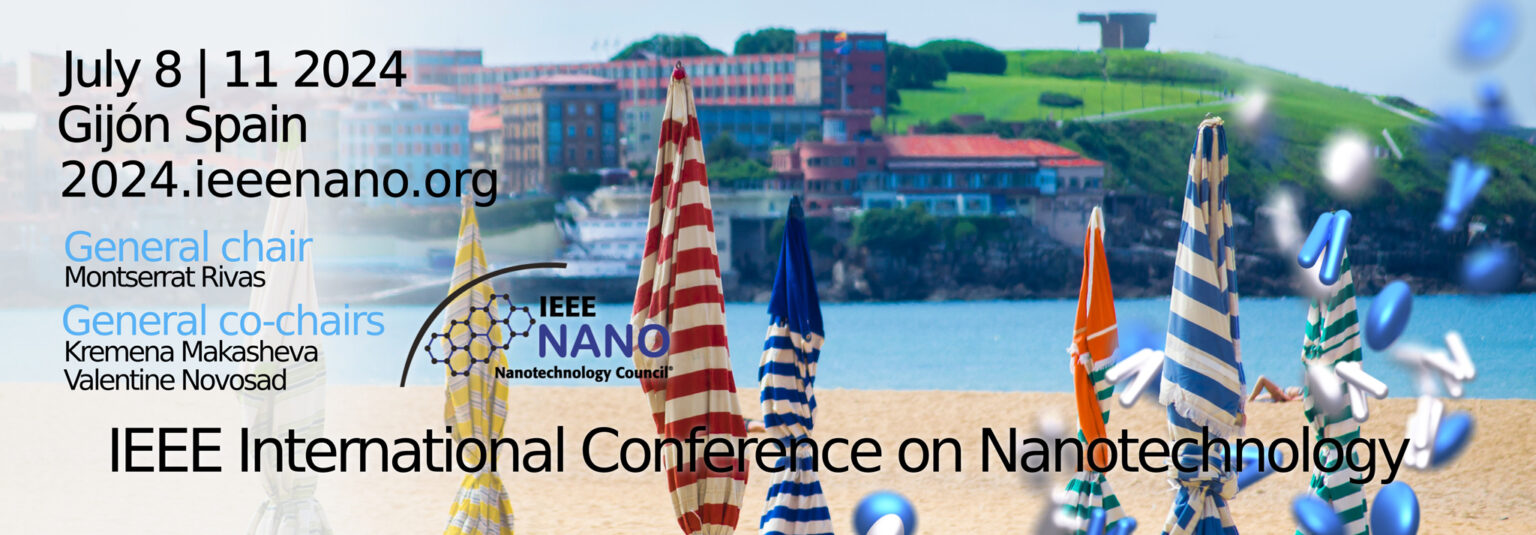
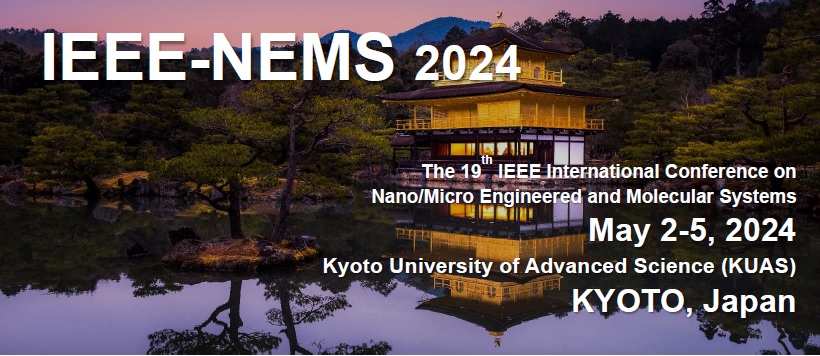
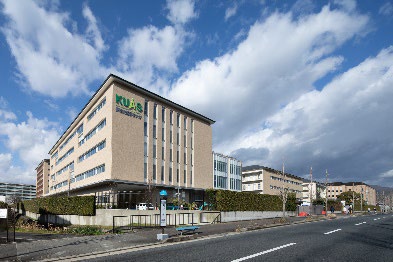 Kyoto: IEEE-NEMS 2024 will be held in Kyoto. Kyoto served as Japan’s capital and the emperor’s residence from 794 until 1868. It is one of the country’s ten largest cities with a population of 1.5 million people and a modern face. The conference venue, the Kyoto University of Advanced Science (KUAS), with newly established Faculty of Engineering, accelerates the evolution of robots and automated machines, as well as drones and electric vehicles.
Kyoto: IEEE-NEMS 2024 will be held in Kyoto. Kyoto served as Japan’s capital and the emperor’s residence from 794 until 1868. It is one of the country’s ten largest cities with a population of 1.5 million people and a modern face. The conference venue, the Kyoto University of Advanced Science (KUAS), with newly established Faculty of Engineering, accelerates the evolution of robots and automated machines, as well as drones and electric vehicles.

